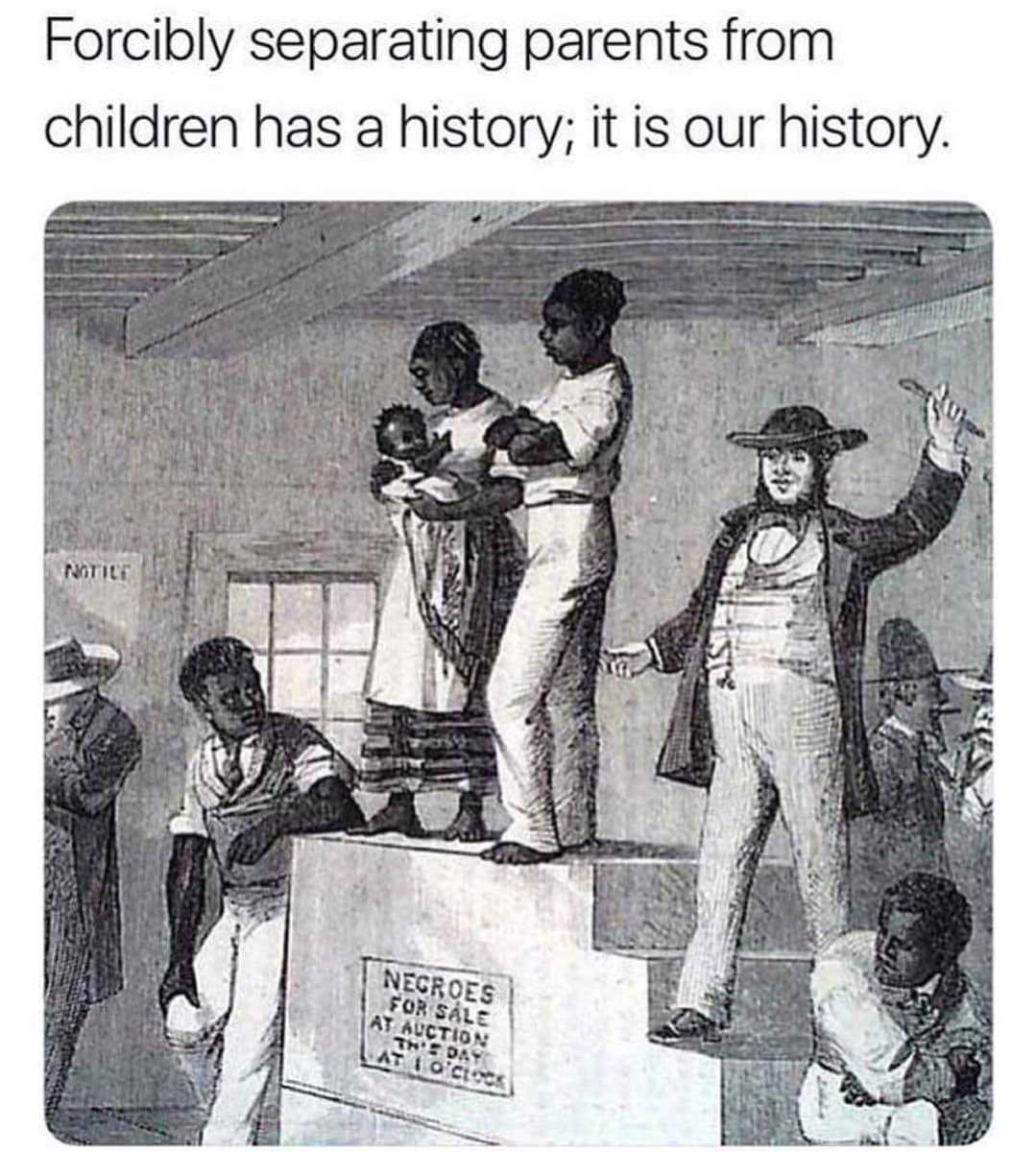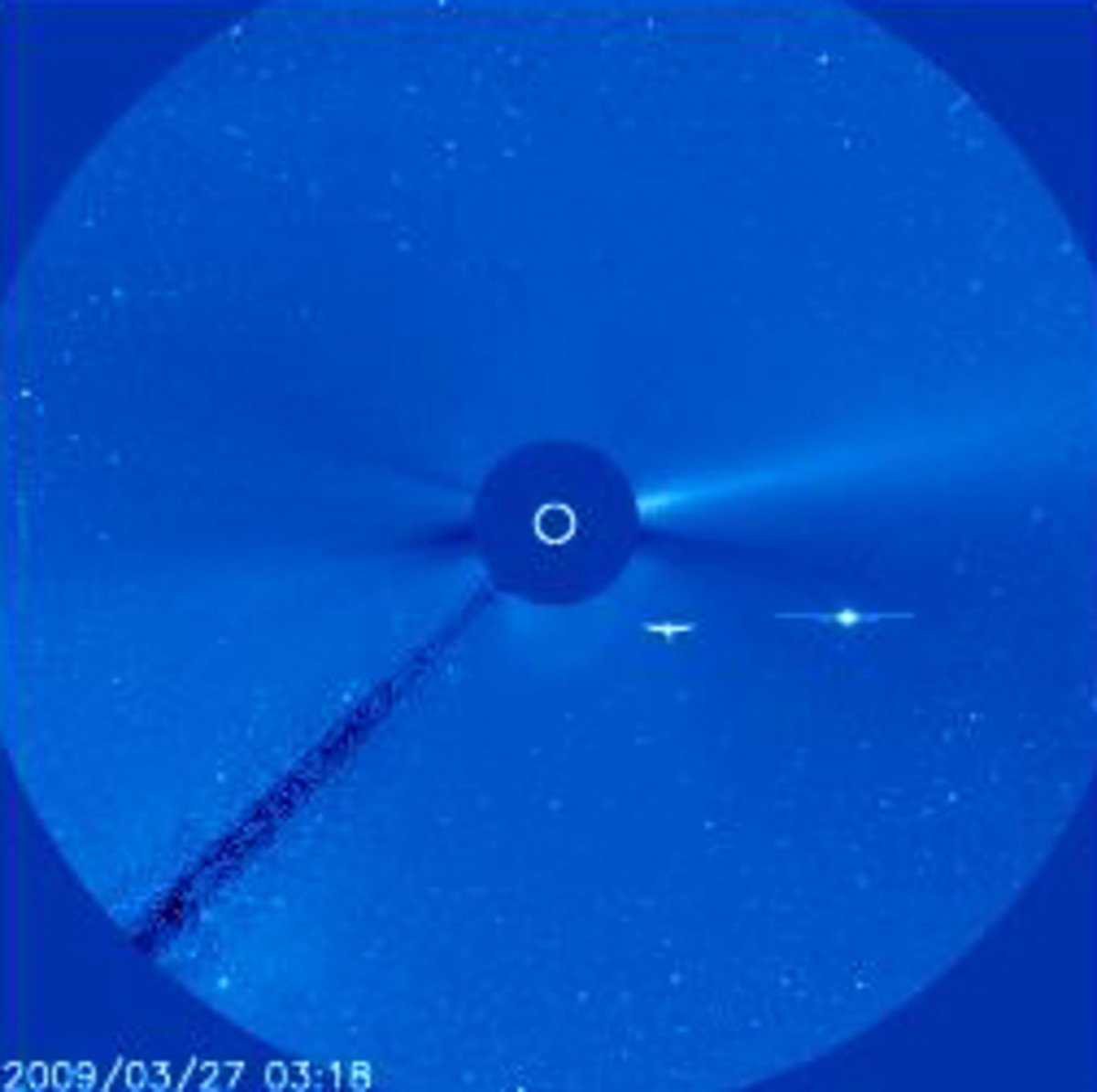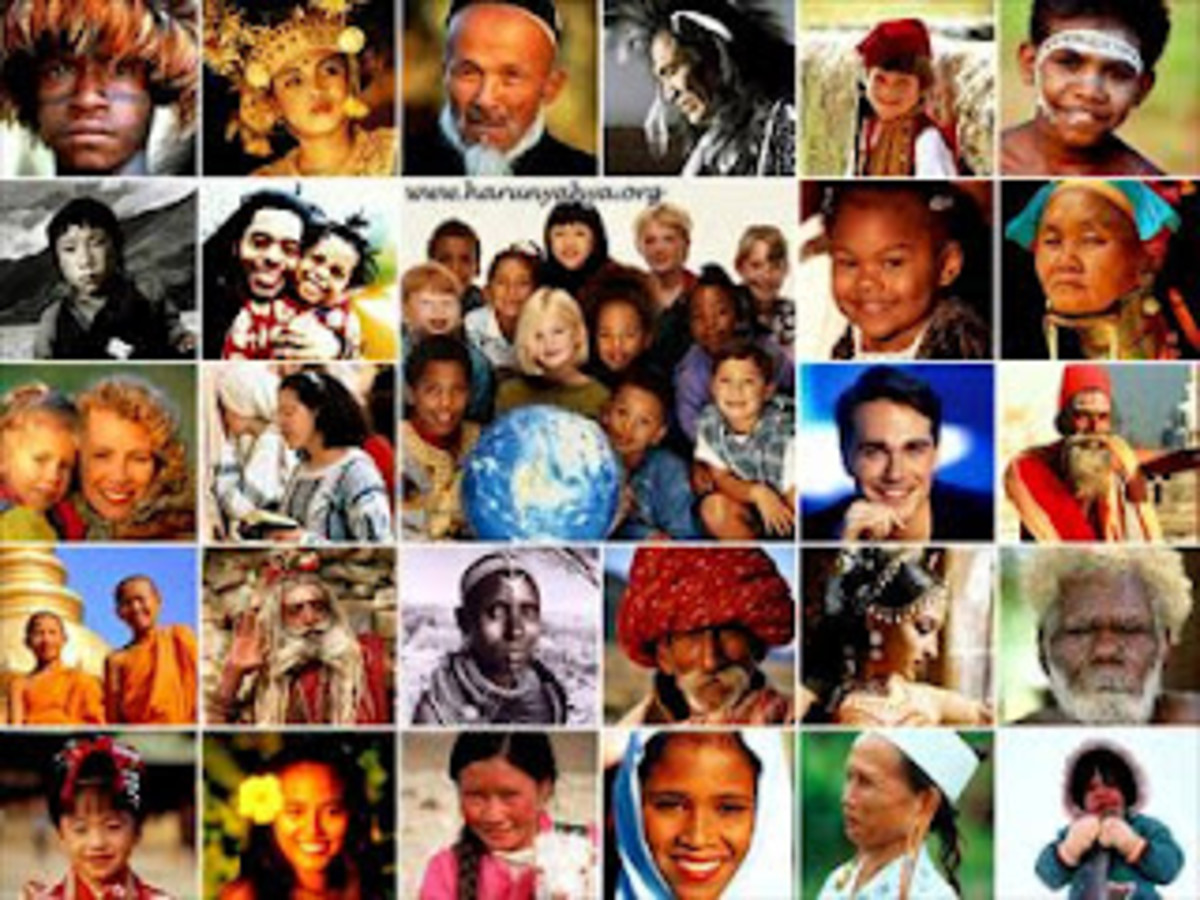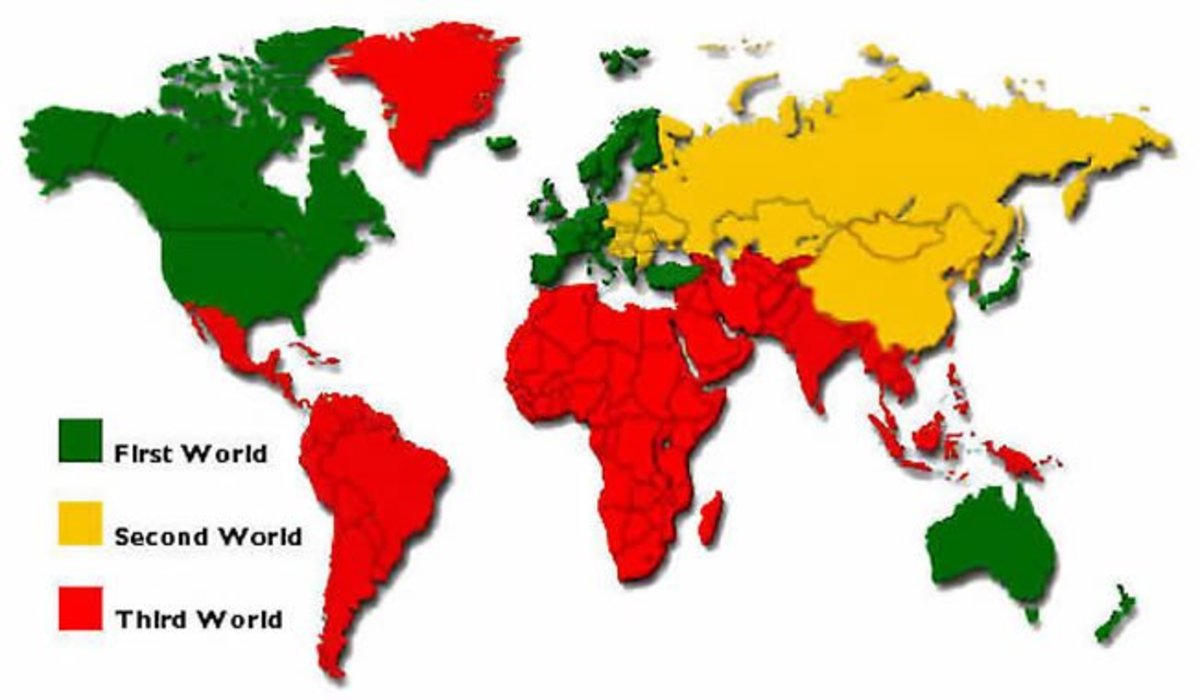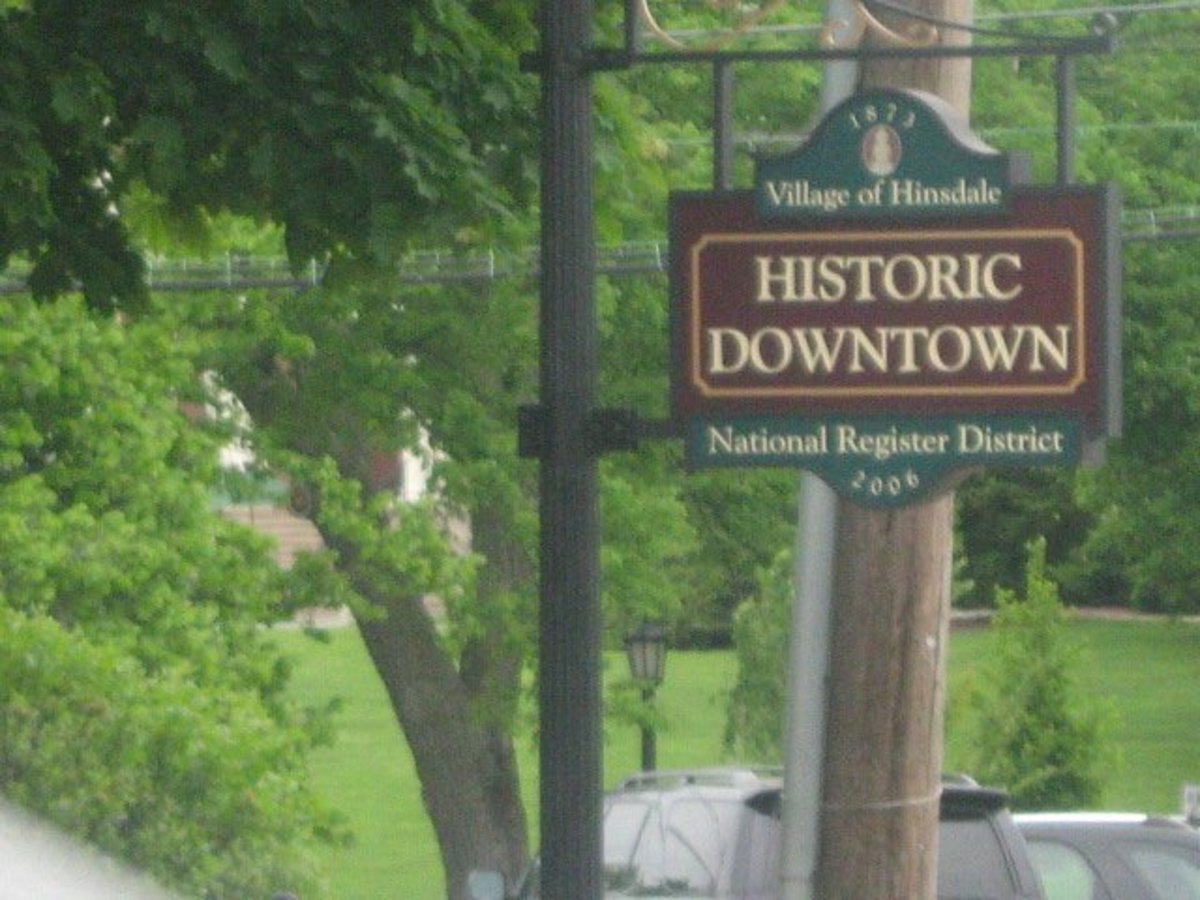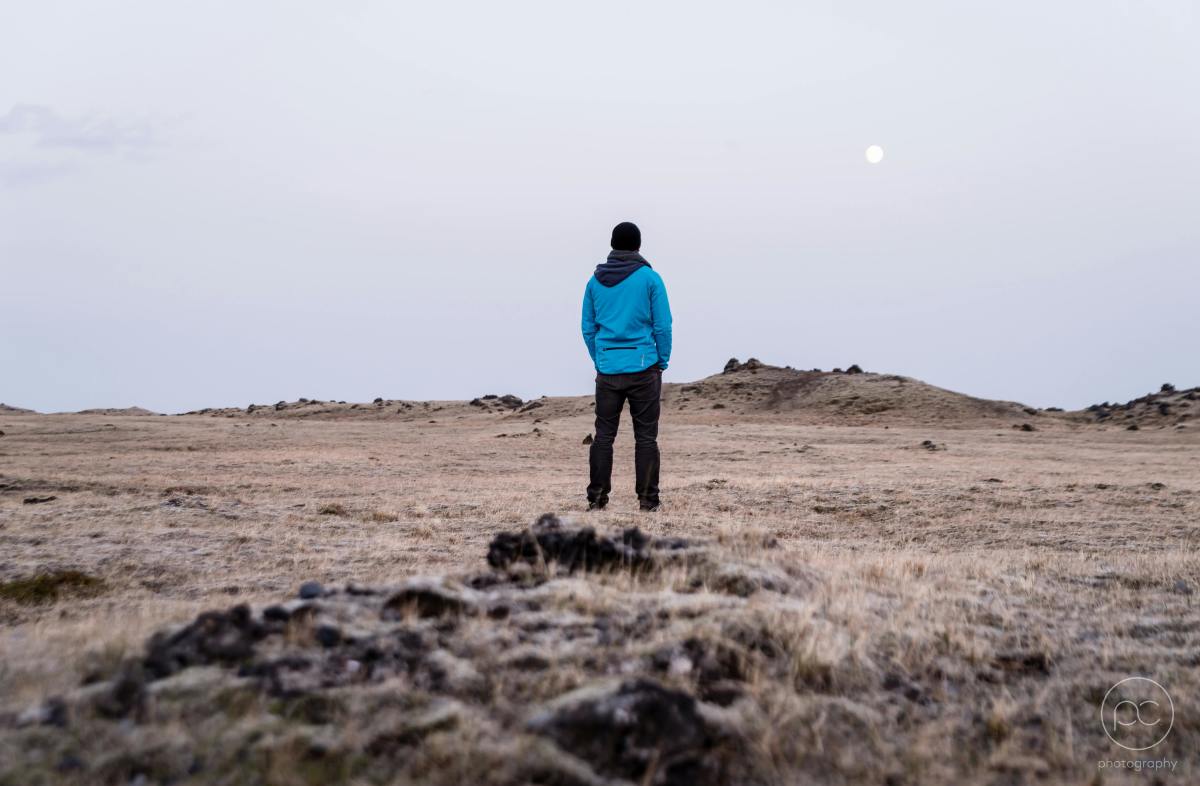American Isolationism: A Blessing and a Flaw
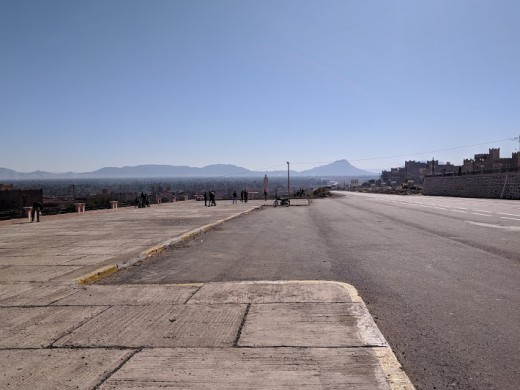
I travel a lot and of those times, I’ve been overseas twice: once traveling through France and the other through Morocco. Both times were phenomenal experiences, but the one that I found most thought provoking was Morocco. The main difference I found between Europe and Africa is that Africa, even with it’s own diversity, is completely foreign.
True, France had another language and customs, but Europe still shared the same foundation, even if the houses were slightly different. A foundation built on shared cultural development, wars, and economic and geographical crossroads. Morocco does not have that foundation. Its foundation is built on the local Berber culture that have always lived there, followed up later interactions and settlements of the Arabs, Moors, and then the French.
Moreover, the experience was made even more alien because of the group I was traveling with, composed of Kiwis, Aussies, and an Italian. When I was traveling through France, I was with my cousin.
With not much to relate to, I found myself out of the loop with references to working in London, Australia, and New Zealand, while also trying to speak French and haggle with local merchants. What it showed me was just how isolated the American mentality really is from the rest of the world.
"Perspective is everything."
My Backyard
If you asked many Americans, regardless of age and sub-culture, anything about the details of any other country besides their political alignment, they wouldn't know it, nor do they care to. However, though many Moroccans knew little or no English, they knew enough about my country that they had some basic understanding of its history and culture. I had many talks with local merchants in the middle of deserts and oasis's that knew about Trump, Obama, and even America’s past with racism.
My Berber guide, Abdul, knew more about American history than some twenty-somethings I've worked with, or even the other tourists for that matter. Couple this with seeing more joy in local children's faces than anywhere else I’ve been to (though they were also very clever) and I found myself having a much different view of America than I had before, even from my European travels.
It really hit home when a week after my return I was at the gym and overheard a couple of older guys talking about how all socialist countries fail, mentioning Venezuela as an example. My immediate thought was wondering if they had even been to a socialist country, but I decided to put their opinions to the test. Later on, I looked up what the happiest countries in the world were for 2018 and socialist countries were in the top 10, while the United States was not. Apparently research into those populations and current history itself disagrees. More over, those socialist countries are still socialists after many decades and as of yet have not collapsed.
Are they utopias? No, of course not. And neither is ours.
You could get kidnapped in North Africa or Thailand sure, or attacked by Al-Shahaab or other extremists. But you also could get shot in New York or small town USA somewhere as well by police or local criminals, or encounter harassment or even raped. A perspective some Moroccans were happy to share with me. Perspective is everything.
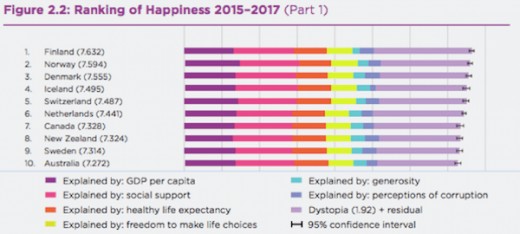
Overview of a Blessing and a Curse
It would be easy for to interpret this as American ego and arrogance and how awful America is general. Being comfortable in our willful ignorance about places worlds away that we can judge without being corrected, if correction is indeed necessary. This though is not the case. Thing is that this attitude is nothing new to Americans.
The American continents have had the benefit of being geographically isolated from the rest of the world by two oceans, free to develop on their own without the chaos and disease ongoing in Europe, Africa, and Asia. Even with later expansion and technological development, those geographic boundaries have affected how we see ourselves in more ways than one, but primarily it provided a shield that sheltered the hemisphere.
That’s right I said it: America’s global ignorance was initially a good thing.
There was a reason why immigrants from across the globe have always come here across the nation’s young history. Our isolation also represented a fresh start with no baggage. All the wars and intrigue that plagued Africa and Europe were just distant rumors with little impact on our living, and in either case we had our own problems anyway.
Of course, naturally there was international trade. Yet most goods from elsewhere didn't have much social impact and if they did, it was only in relation to the merchandise rather than the culture it came from or its people, with the large exception of slavery and the cotton trade.
Kicking Down the Wall
The two world wars from 1914 to 1945 changed all that, showing Americans for the first time how history had now progressed to the point where the affect of global affairs could reach out across the oceans to dramatically effect us as well. What it also changed was our status from a disinterested country in those affairs, to running it instead, along with our Cold War rival, the Soviet Union. We found ourselves becoming the resource that most countries looked to rebuild themselves, or inspire new countries to model themselves after, while also being the guardians of the future against the USSR. And so it was for fifty years.
Despite this though, with all the wars, economic and political developments in between, Americans still felt a disconnect from the their personal lives, save the new, moral responsibility to the rest of the world or sending relatives in tours of duty overseas.
This powerful position also added a certain ethnocentric world view to our culture. Even if we did not know shit about who King Mohammad V was in Morocco, we knew that our capitalism, democracy, and economy was the greatest in the world. We were and are still constantly reminded of it and this afforded us a condescending perspective of other countries. We saved their asses in two World Wars after all, right?
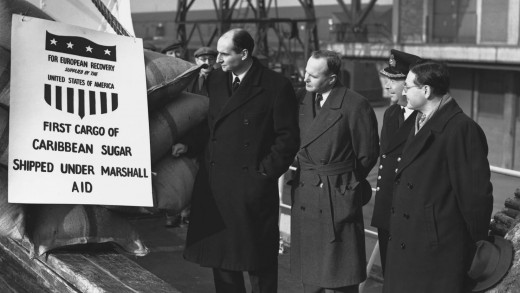
All Grown Up
Whats happened right under our noses though has been that the much of the world has now caught up and wised up to the game. The Soviet Union is gone and while many countries are still worse off, others are not, with their populations proud of their own heritage and history, holding it second to none: even with the U.S and despite their struggles. It has less to do with being top dog and more to do with equal respect. America may have been the umbrella under which the free world recovered and prospered for decades, but the free world has now out grown it.
This isn't to say that America sucks. Nothing hits you just how strong and ‘insidious’ American culture has been throughout the world than picking up a biography on Steve Jobs written in Arabic, in the middle of a desert bazaar.
But with everything polarized as they are now, and Americans' history of extreme attitudes of ‘take it or leave it’, its easy to draw that conclusion. My point is seeing the difference between how we see ourselves in the world, and what we actually are in the world.
Ignorance stopped being bliss after World War One and every time since when we allowed ourselves to think otherwise, history kicked us in the ass. Many people complain about our diminishing world status, whether it be as the economic, moral, or military powerhouse of the world. Meanwhile, many people in other countries complain about us continuing to seeing ourselves as the leader of the world, at best re-living past glories, at worst, living in delusion.
What we know about the outside world will contribute greatly to being better prepared for the global issues that will affect us, as well as just being better educated. That may mean realizing America is no longer number one or seeing our national flaws from a different light, or learning about things we seem to have nothing to do with our world. Yet it will also mean no longer allowing ourselves to be played by our ignorance and falling victim to it by tragic events or other issues that can affect us whether we want them to or not.
Because what we often don’t realize is that the chaos, fear, and war that started at the beginning of the 21st Century, started while we were basking in our prosperity during the 1980's and 90's. We have the option of continuing to pretend that it doesn't concern us. Yet when the tragedy and crisis's come, that ignorance is going to be filled with either dark assumptions and stereotypes, or confusion and waywardness over just what the hell is going on.
© 2019 Jamal Smith

